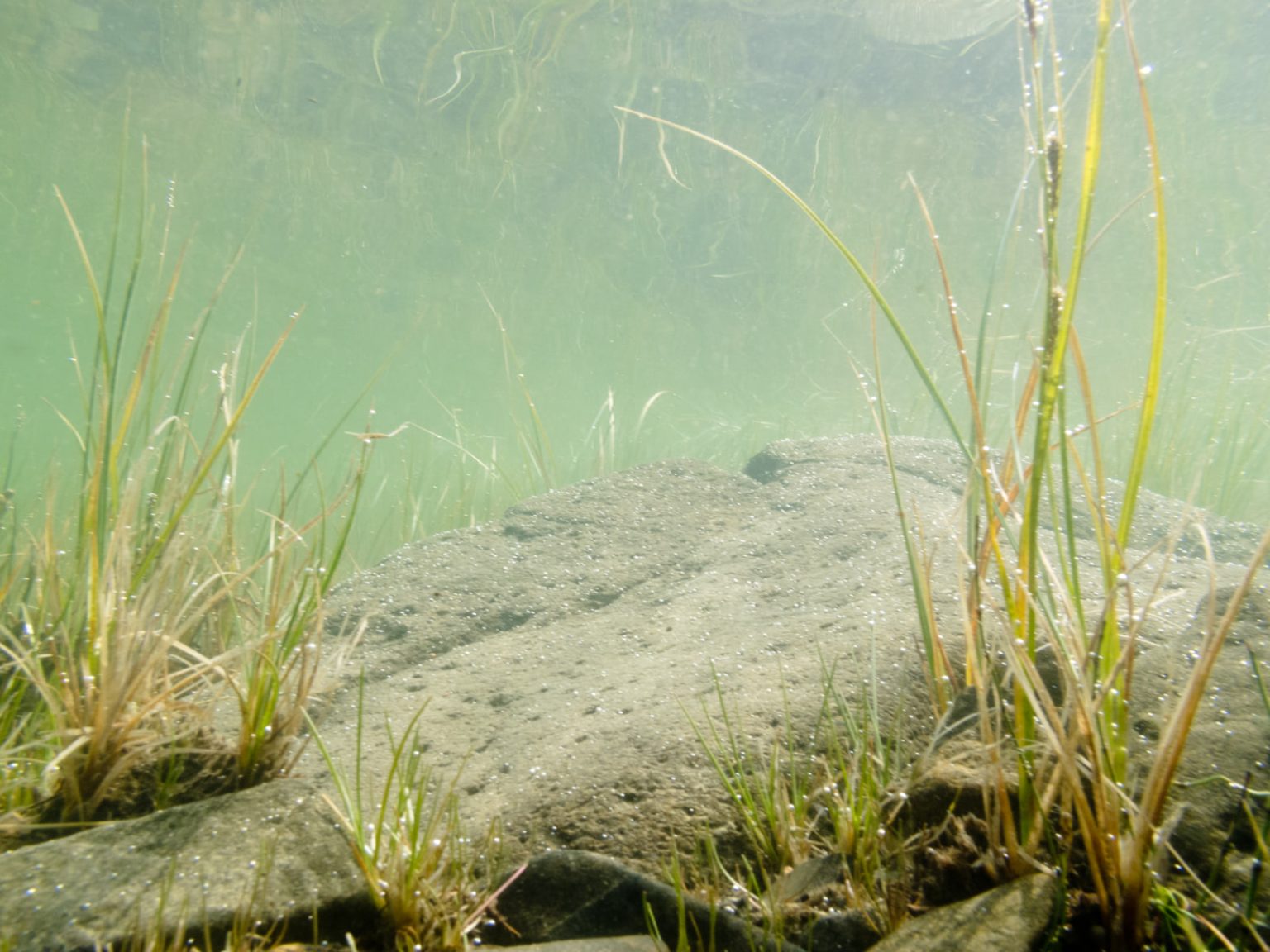The recently held UN Ocean Decade Conference in Barcelona has cast a new light on the critical role of seabed ecosystems in global climate regulation—a subject at the heart of the POMP project’s ongoing research.
The conference underscored a pressing issue: the vast areas of the ocean floor that are essential carbon sinks are under threat from activities like bottom-trawling fishing, which can release stored carbon back into the atmosphere. This finding aligns with POMP’s research, which has long emphasized the importance of preserving these delicate habitats not only for biodiversity but also for their role in mitigating climate change.
POMP researchers are contributing to a broader understanding of how increased sunlight exposure, due to diminishing Arctic sea ice, affects the productivity of benthic primary producers. While some regions may see a boost in marine growth due to more available light, others suffer from decreased water transparency, highlighting the complex interplay of environmental factors influencing seabed health.
The conference also introduced a new initiative for sustainable ocean planning, led by Julian Barbière, the global coordinator of the Ocean Decade. This initiative aims to ensure sustainable management across all national marine jurisdictions—an objective that POMP supports through its integrated research efforts.
Through its collaboration with international scientists, POMP is exploring emerging blue carbon ecosystems like kelp forests and sub-tidal sediments. These studies are crucial for understanding how to manage the climate and biodiversity crises effectively. Our findings suggest that while the potential for blue carbon to reduce greenhouse emissions is modest, healthy, and restored marine ecosystems can significantly boost carbon storage.
As the global community recognizes the need for a healthy ocean to maintain a wealthy ocean, POMP continues to push for more substantial investments in ocean science and better protection of our blue economy. Our work reinforces the message that protecting natural systems, which hold vulnerable carbon stores, is not just sensible but imperative for sustainable development.
